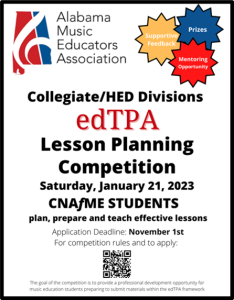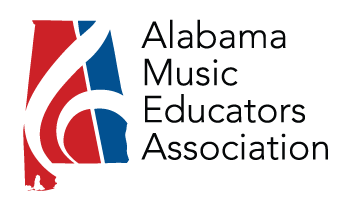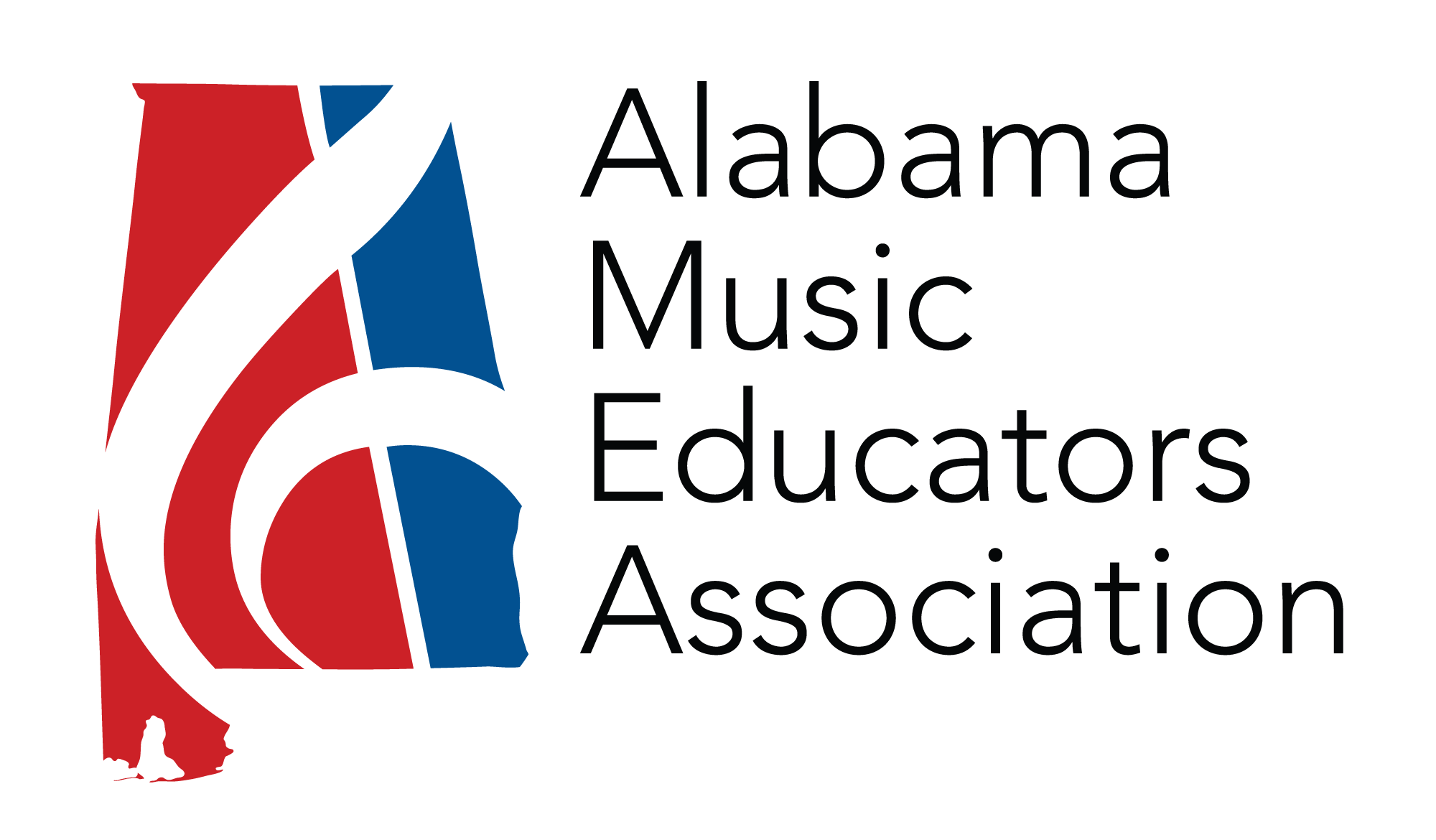 In lieu of a post-conference HED recap, I figure no time like the present to review recent changes in philosophy and language being discussed and implemented in higher education at the national level. At the recent annual meeting for the National Association of Schools of Music held last November, several notable changes in language affecting higher education music programs that are accredited by NASM or that are seeking accreditation by NASM were discussed, voted on, and ratified by the NASM membership, Board of Directors, and Commission. Over the holidays, these updates were added to the NASM Handbook that all institutional members adhere to and use to guide curriculum development at their respective institutions. The new 2023-2024 Handbook that includes these recent updates is now available for viewing online at https://nasm.arts-accredit.org
In lieu of a post-conference HED recap, I figure no time like the present to review recent changes in philosophy and language being discussed and implemented in higher education at the national level. At the recent annual meeting for the National Association of Schools of Music held last November, several notable changes in language affecting higher education music programs that are accredited by NASM or that are seeking accreditation by NASM were discussed, voted on, and ratified by the NASM membership, Board of Directors, and Commission. Over the holidays, these updates were added to the NASM Handbook that all institutional members adhere to and use to guide curriculum development at their respective institutions. The new 2023-2024 Handbook that includes these recent updates is now available for viewing online at https://nasm.arts-accredit.org
My biggest takeaway from the recent updates to the NASM Handbook is that language choice in the world of music education is very impactful. The language choices used in accreditation materials must be representative of an extremely broad array of music programs existing at higher ed institutions across the nation; institutions that differ greatly in size, scope, and mission, so it is important that national standards are equitable, and representative of all constituents served by the Association. One thing that I was looking forward to at the AMEA conference this year was seeing how an increased emphasis on diversity, equity, and inclusion, and a diverse representation of presenters, ensembles, presentation topics, and panel discussions, would involve and include more members from across the state of Alabama. The sense of community, camaraderie, and fellowship shared by members of the Association during conference week is so important to spurring on further discussion and to forming an identity that encompasses all of our shared goals as music educators, rather than our differences.
One of the most important Handbook language revisions approved by the NASM Commission focuses on historical content and repertory selections for students enrolled in professional Baccalaureate degrees in music and for students enrolled in any undergraduate music program leading to teacher certification. In other words, standards that guide which composers, genres, and cultural perspectives to include and/or exclude when designing curriculum.
The changes made to section VIII.B.4. are a good example of the new language changes adopted by the Commission. We can see the impact of those wording changes by comparing the 2022-2023 Handbook to the 2023-2024 Handbook. For our purposes, the changes appear in yellow highlight.
VIII.B.4. (2022-2023 Handbook)
History and Repertory: Students must acquire basic knowledge of music history and repertories through the present time, including study and experience of musical language and achievement in addition to that of the primary culture encompassing the area of specialization.
VIII.B.4. (2022-2023 Handbook)
History and Culture: As appropriate to their major field of study, students must acquire basic overview knowledge of music history and various music cultures through the present time, including study and experience of musical language and achievements that extend beyond those associated with the primary specialization.
So, why are these changes in wording significant? In my opinion, these updates acknowledge that there is no one-size-fits-all course of study in music and that music students benefit greatly from being exposed to a variety of composers, genres, and repertoire. Changes in wording effectively create space for and encourage greater diversity, rather than only focusing exclusively on Western European canon composers, genres, and repertoire.
Another important Handbook revision, made to sections XIV.B.3.c., XIV.B.6.c., and XIV.B.7.d., focuses on content choices for students enrolled in Master’s degree programs in Conducting, Performance (general), and Opera Performance. These revisions include modifications to the language proficiencies required in these programs.
XIV.B.3.c. (2022-2023 Handbook)
Choral conducting majors must be proficient in vocal pedagogy and English, German, French, Italian, and Latin diction. They must have general phonetic knowledge and skills that can be related to other languages. They should have language competencies sufficient to understand texts in the repertory.
XIV.B.3.c. (2023-2024 Handbook)
Choral conducting majors must be proficient in vocal pedagogy and in the diction of various languages (e.g., English, German, French, Italian, Latin, and other world languages as appropriate). They must have general phonetic knowledge and skills that can be related to the various languages. They should have language competencies sufficient to understand texts in the repertory.
XIV.B.6.c. (2022-2023 Handbook)
Voice majors are expected to be proficient in English, German, French, and Italian diction and to have general phonetic knowledge and skills that can be applied to various other languages. They should have language competencies sufficient to understand texts in the repertory.
XIV.B.6.c. (2023-2024 Handbook)
Voice majors are expected to be proficient in the diction of various languages (e.g., English, German, French, Italian, Latin, and other world languages as appropriate) and to have general phonetic knowledge and skills that can be applied to the various languages. They should have language competencies sufficient to understand texts in the repertory.
XIV.B.7.d. (2022-2023 Handbook)
Students must develop advanced competence in English, Italian, French, and German diction and general phonetic knowledge and skills that can be applied to other languages. They should have language competencies sufficient to understand texts in the repertory.
XIV.B.7.d. (2023-2024 Handbook)
Students must develop advanced competence in the diction of various languages (e.g., English, German, French, Italian, Latin, and other world languages as appropriate), and general phonetic knowledge and skills that can be applied to the various languages. They should have language competencies sufficient to understand texts in the repertory.
The same type of modifications to language proficiencies can also be seen in the revisions made to Appendix I.D., Standards and Guidelines for the Education and Training of Conductors: Choral, Orchestral, Wind, and to Appendix I.D., Standards and Guidelines for the Education and Training of Conductors: Choral, Orchestral, Wind, pertaining to the Master’s degree in Conducting.
Appendix I.D.1.C.2. (2022-2023 Handbook)
For choral and orchestral conductors, language and diction skills sufficient to coach singers in French, German, Italian, English, and Latin, as well as general phonetic knowledge that can be related to other languages are essential. For orchestral conductors, skills sufficient to conduct rehearsals in modern European languages are desirable.
Appendix I.D.1.C.2. (2023-2024 Handbook)
For choral and orchestral conductors, language and diction skills, and general phonetic knowledge sufficient to coach singers in various languages including as appropriate, but not limited to, French, German, Italian, English, Latin, and other world languages, are essential. For orchestral conductors, skills sufficient to conduct rehearsals in various world languages are desirable.
Appendix I.D.4.E.1.c. (2022-2023 Handbook)
Choral conducting majors must be proficient in vocal pedagogy and English, German, French, Italian, and Latin diction. They must have general phonetic knowledge and skills that can be related to other languages. They should have language competencies sufficient to understand texts in the repertory.
Appendix I.D.4.E.1.c. (2023-2024 Handbook)
Choral conducting majors must be proficient in vocal pedagogy and in the diction of various languages (e.g., English, German, French, Italian, Latin, and other world languages as appropriate). They must have general phonetic knowledge and skills that can be related to the various languages. They should have language competencies sufficient to understand texts in the repertory.
So, why are these changes in wording significant? These changes help open doors to welcome students from a diverse array of backgrounds and cultures. The beauty of these changes is that the revised standards do not detract from the importance of the languages that vocalists have been expected to be proficient in, instead, they merely create space for the study and practice of additional languages outside of the big four, or big five if you will.
In conclusion, I look forward to seeing how additional changes in philosophy and language at the national level continue to open doors for more students from diverse backgrounds, and I wish all of my HED colleagues from across the state much success during the spring semester. See you at next year’s conference!urs.

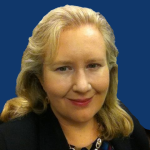 Have you ever taught at a school where there were only eight kids signed up for band? Have you ever taught at a school where the principal assigned you a music class comprised of students who had never had any formal musical training and who had no prior experience reading music? Have you ever taught at a school where your annual budget was $500 or less? Due to a lack of resources, enrollment, interest, or budgetary constraints, some middle and secondary schools across the nation struggle to offer large ensemble-centric courses such as band, orchestra, or chorus. In such environments where programs are under-enrolled or underfunded, the average student sadly, oftentimes has very little access to a formal music education experience.
Have you ever taught at a school where there were only eight kids signed up for band? Have you ever taught at a school where the principal assigned you a music class comprised of students who had never had any formal musical training and who had no prior experience reading music? Have you ever taught at a school where your annual budget was $500 or less? Due to a lack of resources, enrollment, interest, or budgetary constraints, some middle and secondary schools across the nation struggle to offer large ensemble-centric courses such as band, orchestra, or chorus. In such environments where programs are under-enrolled or underfunded, the average student sadly, oftentimes has very little access to a formal music education experience.
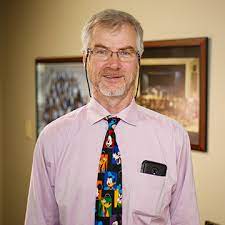 I also want to take the opportunity to introduce two new
I also want to take the opportunity to introduce two new 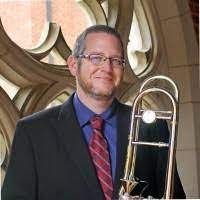 members of our HED leadership team: Dr. Stephen Foster, Director of Bands at Faulkner University, who will serve as our new HED President-elect, and Dr. Brandon Slocumb, Chair of the Department of Fine Arts and Coordinator of the Music program at Huntingdon College, who will be serving as our new HED Secretary/Treasurer.
members of our HED leadership team: Dr. Stephen Foster, Director of Bands at Faulkner University, who will serve as our new HED President-elect, and Dr. Brandon Slocumb, Chair of the Department of Fine Arts and Coordinator of the Music program at Huntingdon College, who will be serving as our new HED Secretary/Treasurer.